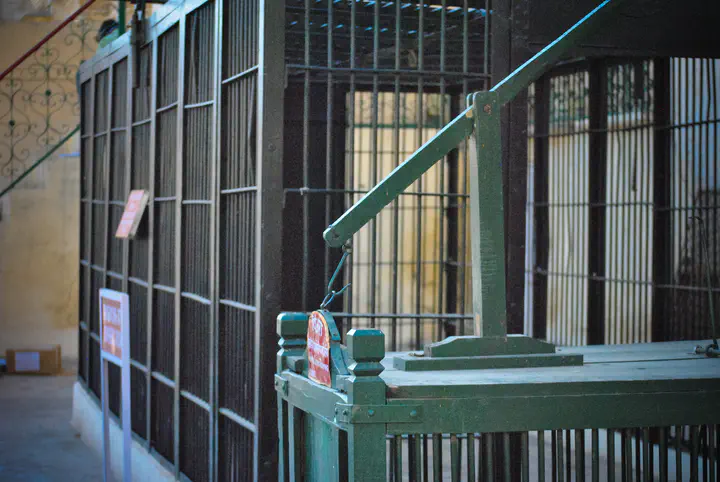Testing the Locks on the Iron Cage of Liberalism: Western Patronage and Unarmed Revolution
 Image credit: Sujay25 via Wikimedia Commons
Image credit: Sujay25 via Wikimedia CommonsAbstract
How do international relations affect domestic civil resistance? Does variation in the patronage of liberal democratic major powers such as the United States affect the likelihood of the onset or success of unarmed revolutions? Prominent qualitative research suggests the existence of an “iron cage of liberalism”, arguing that liberal patrons or Western influence (linkage and leverage) are positively associated with the onset and success of unarmed revolutions because liberal patrons encourage the creation of “façade democracy” that open up space for opposition, and constrain autocratic clients from violently repressing nonviolent challengers. However, this theory has yet to be tested on a global sample. In this research note, we conduct the first quantitative global test of the effects of US patronage on the onset and success of unarmed revolutions. We leverage updated data on unarmed revolutions and new data on formal bilateral influence capacity (FBIC) from 1960 to 2019. We find that though U.S. patronage is significantly associated with higher risk of unarmed revolution onset during the Cold War, there is no such effect in the post-Cold War era. And U.S. patronage is associated with revolutionary failure, not success, though this effect too holds only in the Cold War era.